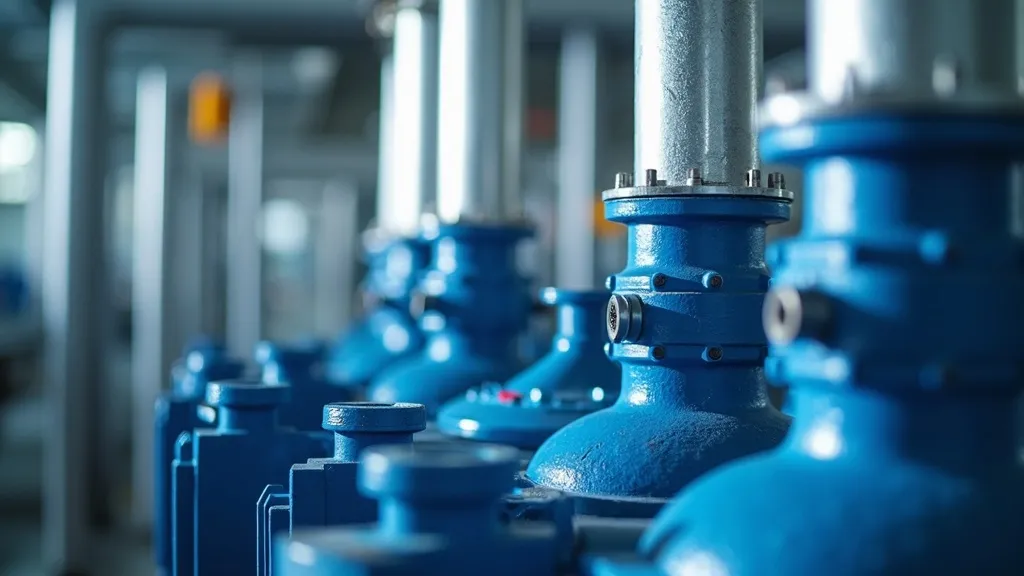Explore the world of Stauff Filters, essential components in industrial fluid systems offering optimal filtration solutions. These filters are crucial for maintaining system efficacy, preventing contamination, and reducing operational costs in various industries across the globe. This guide provides a nuanced understanding of their functionality, benefits, and applications.

Stauff Filters are at the forefront of industrial filtration technology, playing a vital role in ensuring the efficiency and effectiveness of hydraulic and lubrication systems. Designed to remove contaminants from fluids, these filters help maintain the integrity of equipment and prolong system life. Originating from Stauff's expertise in Germany, these filters have become a staple across numerous sectors, known for their reliability and innovative design. The comprehensive filtration solutions provided by Stauff are not only instrumental in maintaining system performance but also contribute to a more sustainable approach to industrial operations by minimizing waste and resource consumption.
In industrial settings, filtration is a critical process that protects machinery from contaminants that can cause wear and tear, reduce efficiency, and lead to expensive repairs. Contaminants such as dirt, dust, water, and metal particles can find their way into hydraulic and lubrication systems, resulting in various mechanical failures. The Stauff Filter is engineered to tackle these challenges by providing efficient filtration solutions. These filters work by trapping particles and allowing only clean fluid to circulate through systems, thus optimizing performance and longevity. A well-designed filtration system not only enhances the lifetime of equipment but also improves operational efficiency, reducing energy consumption and ensuring consistent output quality.
Stauff Filters come in various types, each designed to meet specific filtration needs across diverse applications. Here are the primary types and their unique roles:
Stauff Filters are used widely across different industries, including construction, mining, manufacturing, and energy production. Their ability to ensure clean hydraulic and lubrication systems makes them indispensable components in heavy machinery, industrial engines, and mobile equipment. Here are some specific applications:
Choosing the right Stauff Filter is crucial for optimal system performance. Here’s a guide to help you select the very suitable filter:
| Criteria | Considerations |
|---|---|
| Application | Identify the specific system requirements and types of fluids used. Understanding the application context will help narrow down the options. |
| Contaminant Size | Determine the particle size you need the filter to remove. This is critical because different applications generate different particle sizes. |
| Flow Rate | Calculate the system's flow rate to ensure compatibility with filter capacity. A filter with insufficient flow capacity can hinder system performance. |
| Pressure Requirements | Ensure the filter can handle the system's operating pressure. Selection of filters rated for the specific pressures encountered will prevent system failures. |
| Temperature Range | Consider the operating temperature of the fluids as it affects filter material selection and performance. Filters must withstand the thermal conditions of the application. |
The benefits of integrating Stauff Filters into your systems are manifold:
Stauff is committed to continuous improvement and innovation, which reflects in their filter designs. Several technical advancements have been integrated into their products:
Q: How do I know when to replace my Stauff Filter?
A: It is recommended to follow the manufacturer's maintenance schedule and monitor system performance for any signs of clogging or reduced flow rates. Many customers opt for a preventive maintenance plan that includes regular inspection intervals.
Q: Can Stauff Filters be used with all types of hydraulic fluids?
A: Yes, Stauff Filters are compatible with a wide range of fluids, including mineral oils, water-containing fluids, and biodegradable oils. However, it's essential to verify specific compatibility with your system requirements to ensure efficacy.
Q: What maintenance is required for Stauff Filters?
A: Regular inspections and timely replacements as per the system's needs ensure optimal performance. Additionally, monitoring pressure drops across the filter can help assess when maintenance or replacement is necessary.
Q: Are there customizable filter solutions?
A: Yes, Stauff offers customizable solutions tailored to specific industrial applications. Engaging with Stauff's technical sales team can lead to finding the best fit for unique filtration challenges.
Q: How do Stauff Filters contribute to environmental sustainability?
A: By optimizing the filtration process and extending the life of hydraulic fluids and lubricants, Stauff Filters reduce waste. The use of recyclable materials in filter production further enhances their positive environmental impact.
In summary, Stauff Filters offer robust filtration solutions essential for maintaining the performance and longevity of industrial systems. With advancements in design and efficiency, they continue to set the standard for excellence in the field of industrial filtration. The ongoing commitment to quality and innovation ensures that Stauff remains a trusted name among businesses seeking reliable filtration systems. By investing in quality filtration, industries can enhance efficiency, reduce costs, and contribute to a healthier environment, solidifying their operational integrity for years to come.